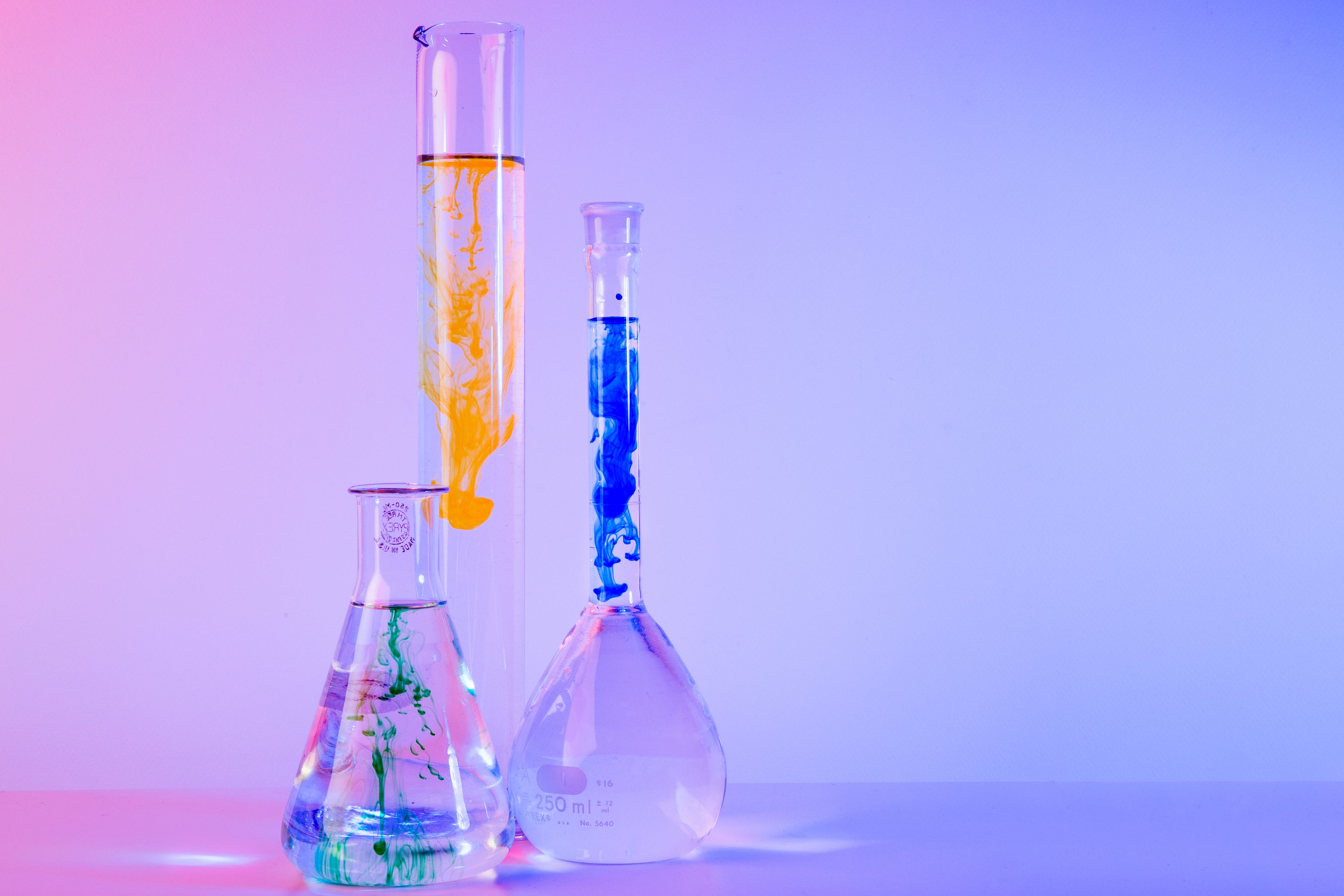Your liver is an unsung leader in your body pulling two, three, even four shifts every day in the trenches. It detoxifies, breaks down fat, helps in digestion, controls blood sugar, and stores vitamins. As you eat, you consume worse diet, alcohol, expose yourself to drugs, and environmental by-products, then liver also becomes overwhelmed and loses its physiological function. This is the initial point at which exhaustion, a slow stomach-related framework, stoutness, and even greasy liver infection might begin appearing.
The liver has its fair share of herbal supporters among the long history of herbal remedies, and berberine and milk thistle shine above the rest. Both have been used for centuries, but they have also gained scientific support in recent years. For example, you may know milk thistle as a liver protective and detox herb, or that berberine is metabolic changing and fat-burning.
So, which herb is better for your liver? Today we are going to discuss a bit about the science behind each, how they differ, and the answers to some of the most frequently asked questions people have about the two.
Understanding Liver Health
And before we look at these herbs side by side, it is important to note just how much the liver impacts the rest of your wellness.
The liver’s main roles include:
- Detoxification: Refers to the filtering and neutralizing chemicals produced by food, alcohol, medications, and environmental exposure.
- Metabolic moderation: The breaking down of fats, proteins, and carbohydrates
- Storage of nutrient vitamins/minerals/glycogen; a form of glucose.
- Hormone regulation: Helping break down and balance out specific hormones
But in our current lifestyle we overwork the liver full-force. Sugar; processed food, lack of physical activity and consumption of alcohol along with environmental pollutants impact the liver function. One of these downstream effects is Non-Alcoholic Fatty Liver Disease (NAFLD), which is now also one of the most frequent liver diseases all over the world.
Enter berberine and milk thistle and similar herbs; not medical replacement therapy but natural support for liver repair, detoxification, and overall function.
What is Milk Thistle?
Milk thistle (Silybum marianum), flowering plant of the family Asteraceae that is native to the Mediterranean region. It has been used for over two thousand years often as a traditional remedy in liver and gall bladder diseases. The power of milk thistle emanates from its active component, which is a type of antioxidant flavonoids referred to as silymarin.
Benefits of Milk Thistle for Liver Health
- Toxins can come from food, alcohol and chemicals, and this herb forms a barrier around liver cells, protecting any further damage as we go through a detox.
- Regeneration: Promotes a regular formation of new liver cells, which is essential in events of toxin exposure and liver strain.
- Oxidation State: A major factor in liver disease is oxidation state, and it is the antioxidant power of this that neutralizes free radicals and reduces oxidative stress on the liver.
Scientific Insights
Milk thistle might reduce levels of liver enzymes (ALT and AST) that indicate liver inflammation or damage, according to studies. It has been used extensively as an adjuvant treatment for individuals with a stressed liver related to alcohol consumption, fatty liver, or medication use.
Milk thistle promotes skin, digestion, and inflammation balance outside of the liver.
What is Berberine?
Berberine is a plant-derived alkaloid isolated from many different plants including, but not limited to, barberry, goldenseal and Oregon grape. Berberine not only protects and prevents but targets underlying processes and metabolic level and helps boost the metabolism of fats and sugars unlike the milk thistle.
How Berberine Helps the Liver
- Fat burning: The action of berberine is applied also when it comes to elimination of fat from our livers and sugar levels in the blood which results with lower percentage of fatty liver.
- Regulates blood sugar: It increases insulin sensitivity thereby, relieving the metabolic load on the liver.
- Metabolism of fat: Berberine inhibits the storage of fat in the liver, it is particularly effective in hepatic fatty metamorphosis.
Scientific Insights
Berberine triggers an enzyme named AMPK, the so-called “metabolic master switch” in body. Activation of AMPK increases energy utilization, decreases lipogenesis, and increases lipolysis, all of which are protective against hepatic stress.
Well, considering that berberine seems to influence fat burning capacity in more than simply the liver organ, it is actually no great surprise that most folks are right now employing berberine for excess weight reduction in a natural way.
Milk Thistle vs Berberine for Liver Health
Therefore, what about berberine versus milk thistle — how do they compare?
- Milk Thistle: Your proverbial liver bodyguard. It blocks toxins, heals damage, and helps with long-term detoxification.
- Berberine: Works as a metabolic reset button. It makes the body utilize energy better, reduces fat accumulation, and directly fights fatty liver.
Both herbs are very beneficial but used for different things. If the primary concern is for exposure to toxins or inflammation of the liver, milk thistle may be preferable. Berberine might provide a bigger bang for your buck if you're battling fatty liver, weight problems, or metabolic syndrome. However, many people discover that a hybrid approach is better and more comprehensive (for them).
Lets you take your liver health to the next level as well as some other health benefits
Milk Thistle
-Skin Health: Its antioxidant and anti-inflammatory properties could enhance acne and other skin disorders.
-Supports digestion: Increases bile production, which helps the body break down fats.----Anti-inflammatory: Provides simple anti inflammatory assistance for wellness.
Berberine
- Weight loss: Berberine supports gradual and sustainable fat loss via metabolic regulation.
- Heart Healthy Raises Good Cholesterol and Circulatory System.
- Blood sugar control: Particularly beneficial for individuals with pre diabetes or type 2 diabetes
Together, berberine and milk thistle supplements are a fantastic source of not only liver support, but holistic support all around.
How to Use Berberine and Milk Thistle Safely
You can find these herbs in capsules, tinctures and tea. Therapeutic effects are usually best with standardized capsules.
General Guidelines
- Milk Thistle Dosage: 200 - 400 mg of silymarin extract standardised to 80% silymarin per day. Take in the morning to support energy or in the evening to support natural detoxification.
- Berberine: 500 mg two to three times per day with meals (to improve absorption and lessen gastrointestinal side effects)
Safety Considerations
Talk to your doctor first if you are taking a prescription medicine.
Milk thistle is relatively safe, and you could experience mild nausea if you're sensitive to it.
Because berberine can interact with drugs frequently seen in the management of blood sugar and blood pressure, it is important to be guided through the introduction of this supplement into your regimen by a medical professional.
Conclusion
The question is not which herb is the best but which herb is the best for your body.
- Milk thistle: The best herb for detoxification and protection for liver cells from toxins and oxidative stress.
- Berberine: The best herb to support metabolism and provide protection from fatty liver and to maintain healthy weight and blood sugar levels.
For many people, the best choice is to take both herbs to offer the most supporting benefit in ensuring long time liver health and overall health.
Whatever you end up using, make sure they are good quality and always seek out your doctor’s opinion for clarity. These herbs may be one of the most powerful things you can do to support your liver and in turn, your health and vitality for the long-haul.






0 comments